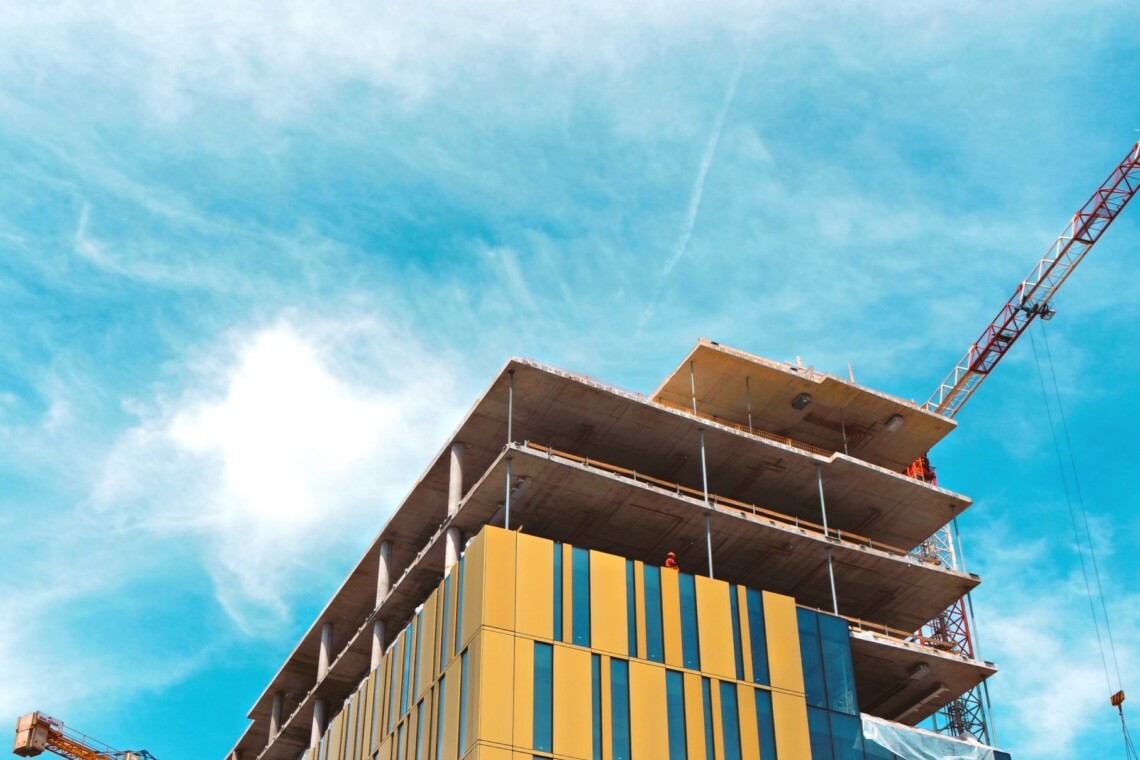Would You Rent a Residential Open Floor Plan
- August 11, 2021
- News

Read More

[ad_1]
The cost of Cement, Steel, Tiles and Plaster of Paris (PoP) cement, among others have risen by over 60% between March 2020 and March 2021.
For instance, the cost of steel, which was sold at N234,000 per tonne as of March 2020, had increased to N380,000 at the end of March 2021. This represents a 62% increase within the period under review.
While Dangote Cement increased from N2,600 to N3,800 (though it is sold at N3,600 in some areas in Lagos), Lafarge Cement and BUA Cement increased from N2,400 and N2,250 to N3,600 and N3,250 respectively within the same period.
The price hikes are not limited to the cost of steel and cement alone but also to other materials like Tiles, PoP cement, and roofing sheets.
The cost of super white cement increased from N2,500 (25kg) to N3,700, and the cost of high-quality white cement (40kg) also increased from N4,000 to N6,500.
The cost of gravel increased from N80,000 to N140,000; that of 8mm diameter and 25mm diameter (imported) increased from N234,000 and N245,000 to N330,000 and N380,000 respectively.
Doors are not left out in the hike. Costs of Flush door (high quality), Panel door and Turkish steel door (1,500 x 2,100) also rose from N35,000, N40,000, N165,000 to N60,000, N75,000 and N235,000 respectively.
Industry experts have attributed the hike to persistent depreciation of the naira and the rising cost of other building materials.
Tunde Oluwole, a fellow of the Nigerian Institute of Builders, explained that the development was caused by high interest rate, inflation, increasing exchange rate and scarcity of forex in the country.
He said, “The increasing prices in Nigeria is a result of the combined effects of high-interest rates, devaluation of the naira, inflation, and non-effective distribution network of the materials.”
To Kolawole Adebisi, an Estate Developer, the development in the cement industry is caused by the ban of imported cement in the country.
He told Nairametrics that he is not against the ban, as the government’s intention is to boost local production of cement but explained that “the local manufacturers were unable to produce enough cement to meet the demand and this contributed to the rising cost of the product.”
Source: Nairametrics
[ad_2]
Source link
Join The Discussion